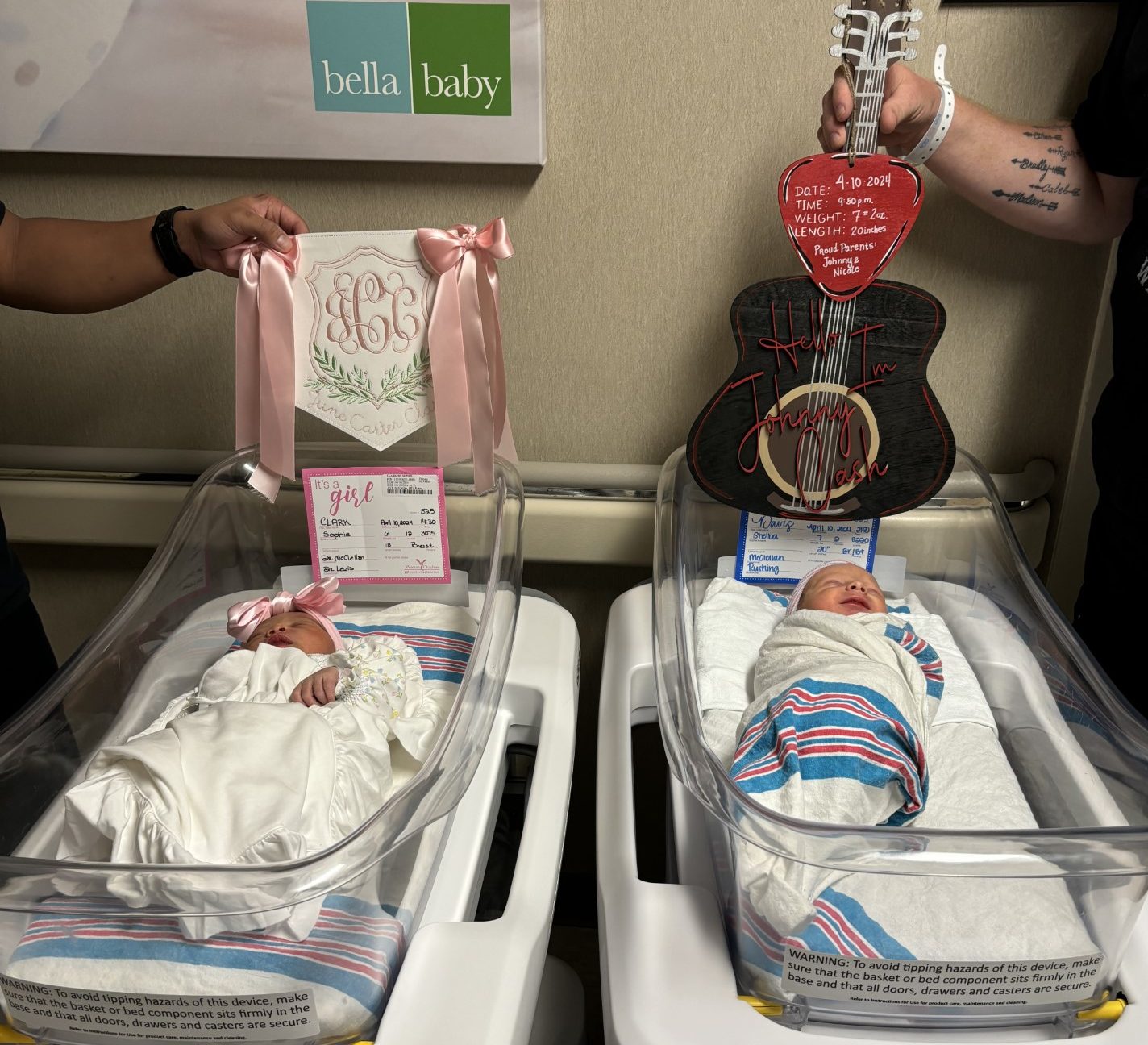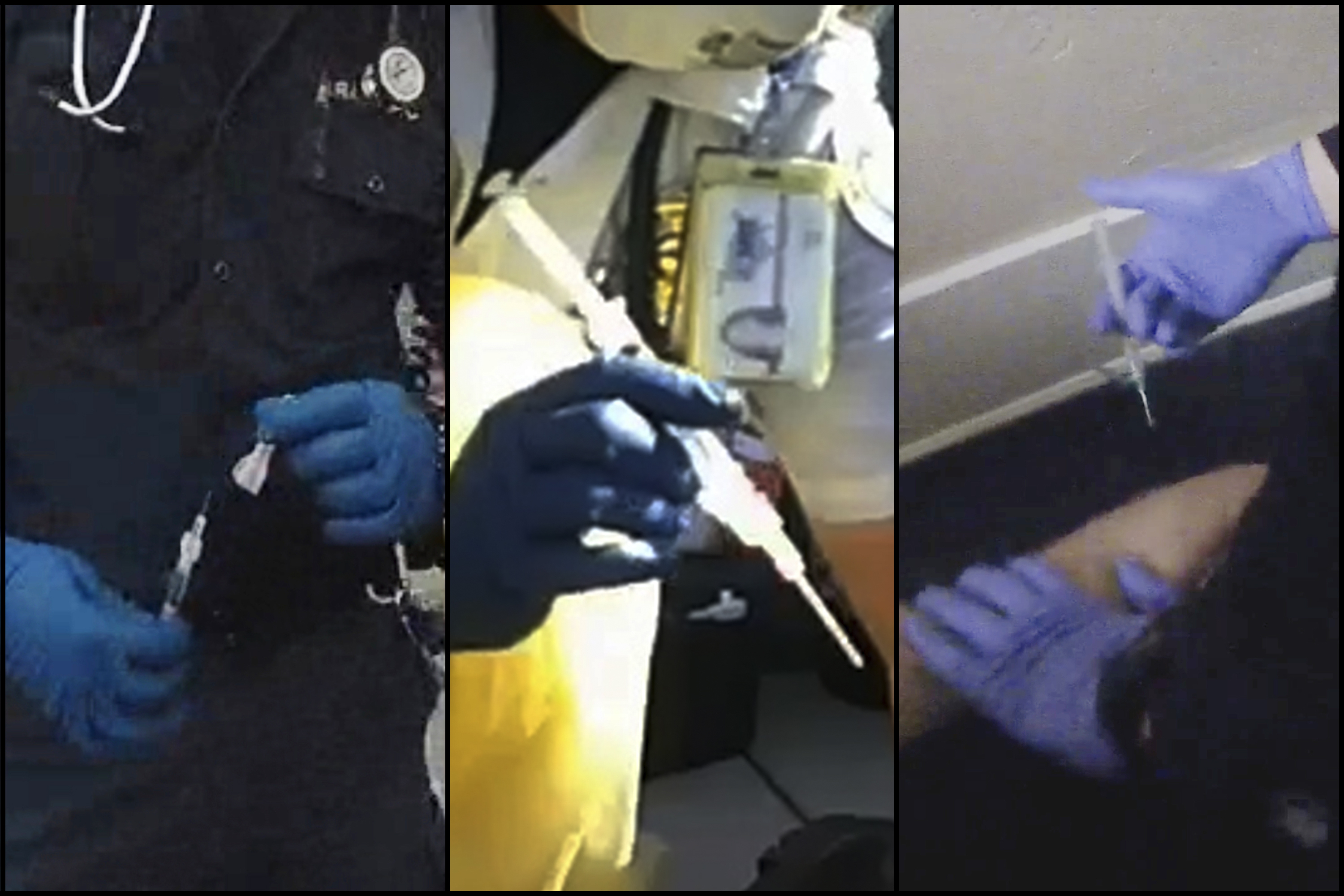The mother of a Ridgefield boy who died after being left in a hot car has started a blog to raise awareness of heatstroke in children and help others avoid the tragedy she suffered.
Lindsay Rogers-Seitz told the Associated Press that she forgives her husband for leaving 15-month-old Benjamin in the car while he went to work at Owl Technologies on July 7, resulting in the child’s death.
The boy’s father, Kyle Seitz, was supposed to bring Ben to daycare before going to work, but that didn't happen. According to Lindsay, at the end of the day, Kyle went to the daycare to pick up Ben, but when he learned Ben wasn't there, he asked the staff at the daycare if his wife had picked him up earlier in the day. He was told she had not, and so he went back to his car, found Ben and then rushed him to the hospital, Rogers-Seitz said.
“The profound grief and trauma that we were going through was something we could never verbalize,” Rogers-Seitz explained. “How do I live the rest of my life? Do I just break down right now in hysterics, and just not live?”
She decided to channel her grief into activism, and now the couple is spreading the word about hyperthermia in children.
“One night we were sitting together and [Kyle Seitz] said, ‘You know, Lindsay, I just can’t let another family feel this pain,’” Rogers-Seitz recalled.
Rogers-Seitz sprang into action, creating a Web site, titled “The Gift of Ben,” to share her son’s story and help educate other parents.
U.S. & World
News from around the country and around the globe
“A week after the tragic death of my 15-month-old son on July 7, 2014, I began researching – everything and anything – and thinking,” Rogers- Seitz writes.
It was a timely decision – today is National Heatstroke Prevention Day.
“The Gift of Ben” presents facts and figures from the National Highway Traffic Safety Administration, including frightening statistics about the prevalence of heat stroke in children.
According to the NHTSA, hyperthermia is the leading cause of non-crash-related death in children under the age of 15. Rogers-Seitz says 111 children have died in hot cars over the past three years.
“This isn’t an anomaly,” Rogers-Seitz said. “It’s something that has been happening.”
She proposed roundtable talks to generate conversation and explore “ideas of how we can potentially move forward and work together and find solutions,” including conversations with car seat companies, child safety advocates, academics, health and medical professionals and other families who have been affected.
Rogers-Seitz said one of the biggest mistakes parents can make is to believe it will never happen to them. She admitted she doesn’t know yet how to find a solution, but the first step is to talk about it.
“I challenge manufacturers, agencies and politicians to get together with other interested parties, including victims and psychologists, and let's figure this out,” she wrote.
In the meantime, she said, make a habit of double checking your car before you walk away, and place valuable items in the back seat with your child. Teach kids that cars are not for playing and store keys out of their reach. Ask your child’s school or daycare to call right away if he or she doesn’t show up on time.
Rogers-Seitz also launched a blog Wednesday – a more delicate and personal forum.
“Lying in bed last night, I began realizing what an integral role the press has in deciding what ‘the story’ will be. The truth is that there is a bigger picture out there – an ongoing political and intellectual debate about the history of these effort to elicit change and how to go about it in the future,” she wrote in her first post.
“I ask that we move beyond the sensationalization of the events of July 7th to deal with the real issues at hand – that will continue to affect hundreds of more children in the future if nothing is done," she added.
Rogers-Seitz is standing by her husband of 12 years and said the two are taking comfort in each other’s support.
“We can deal with it together, and we’re finding peace in that,” Rogers-Seitz said.



